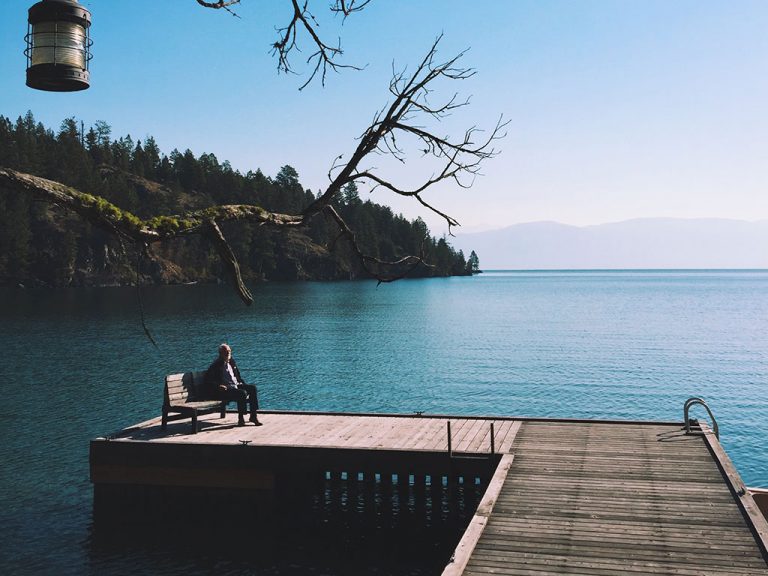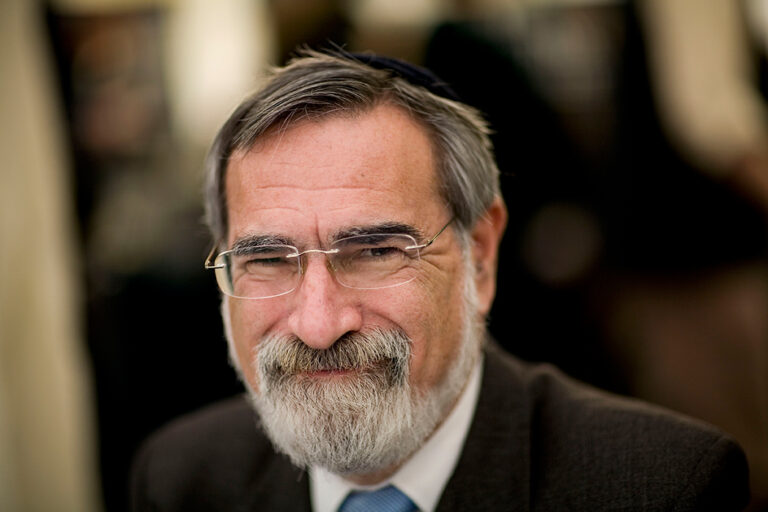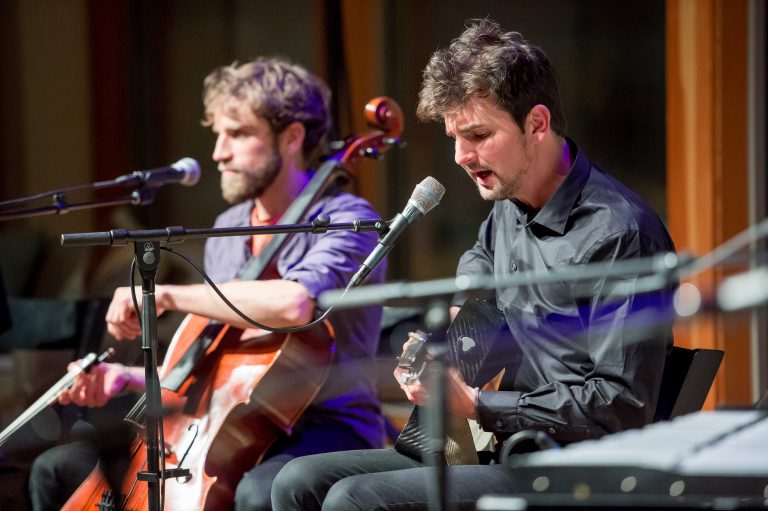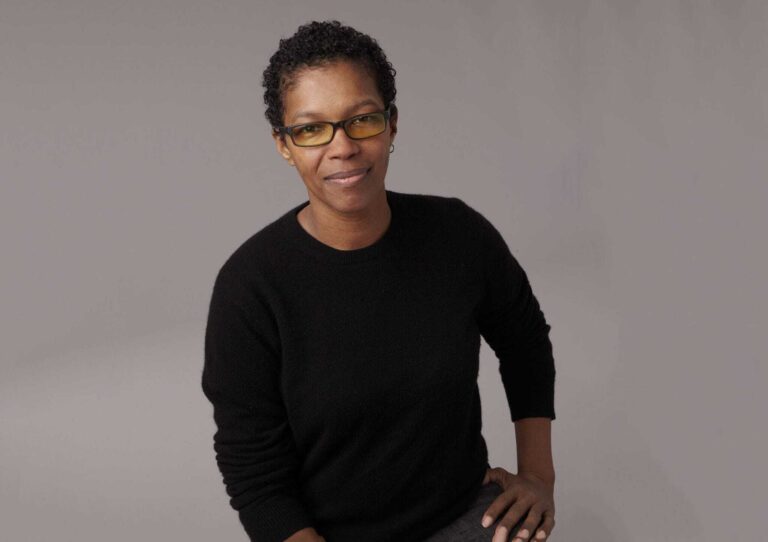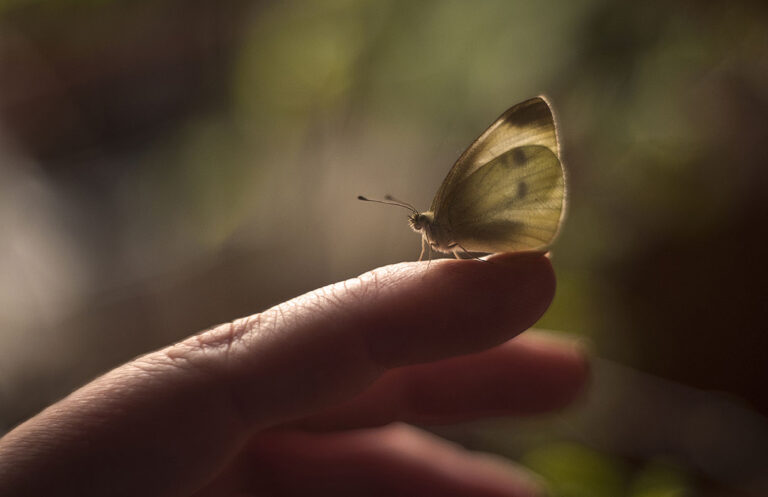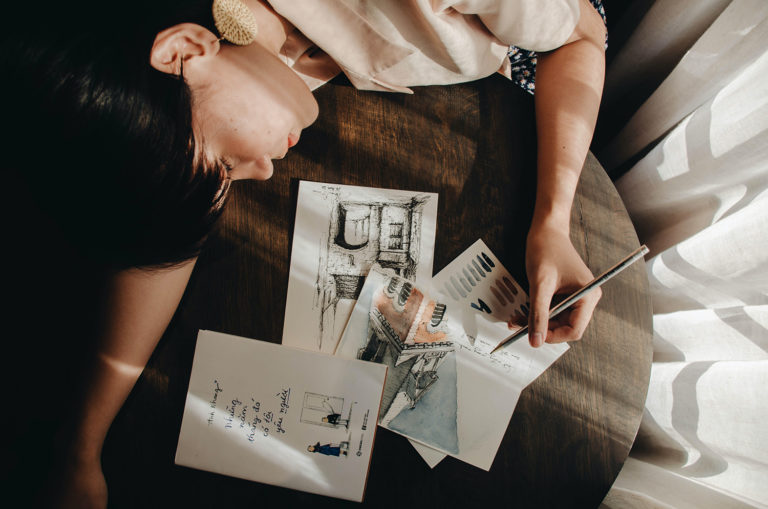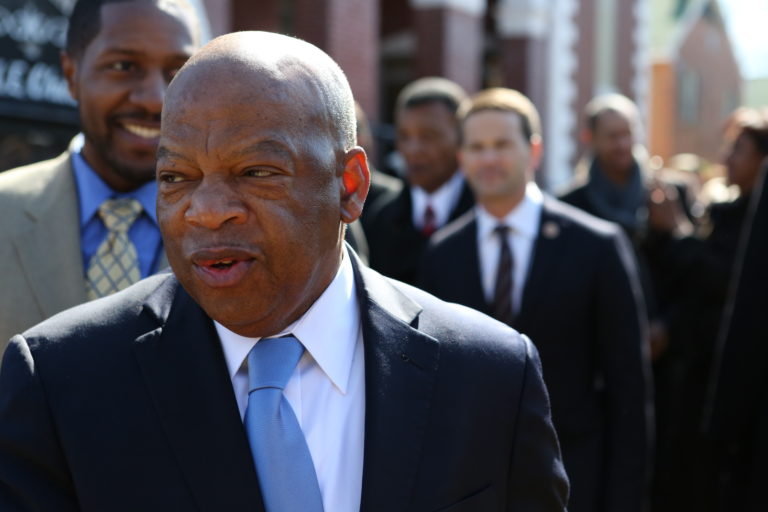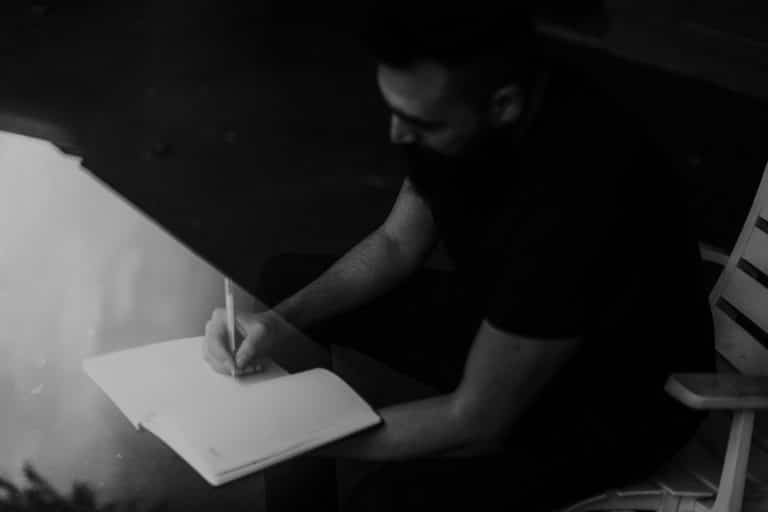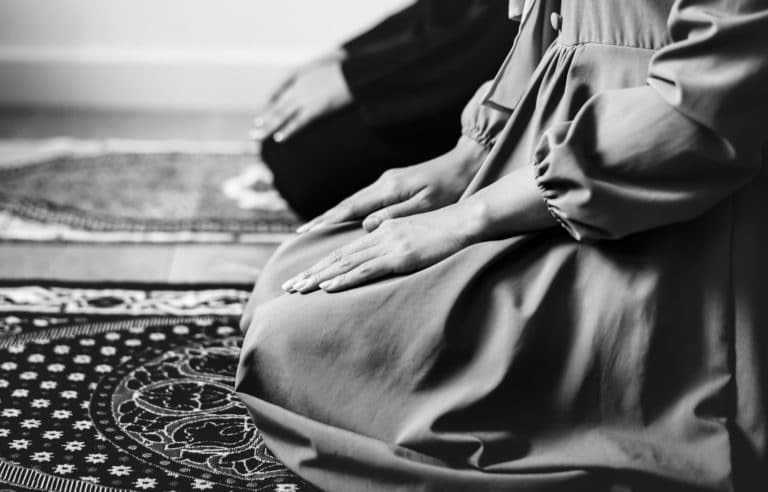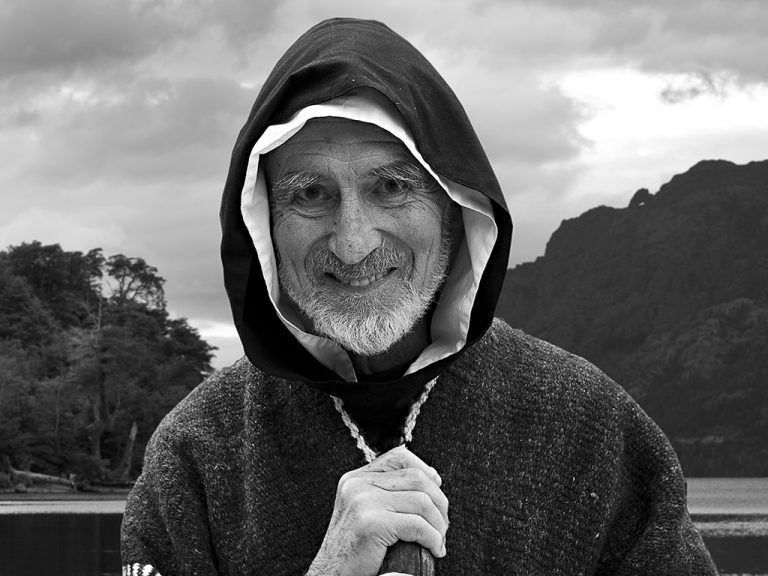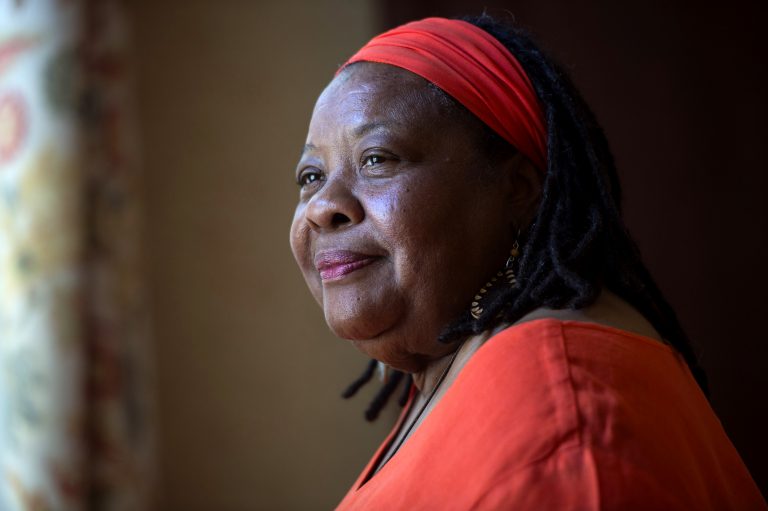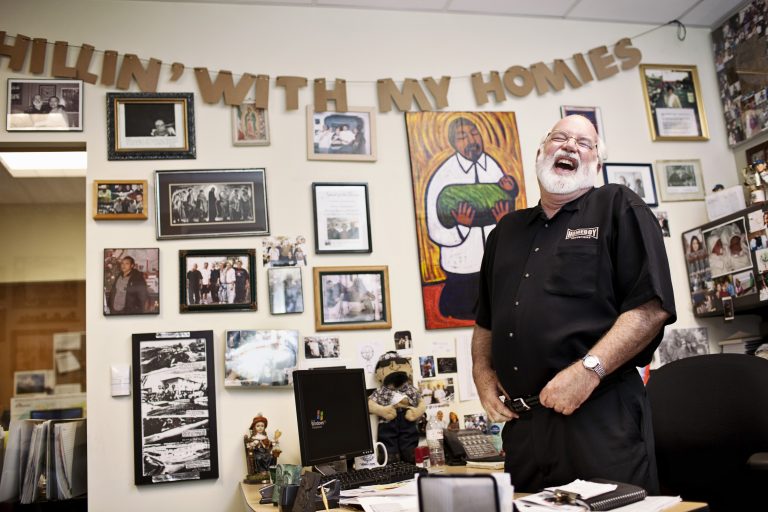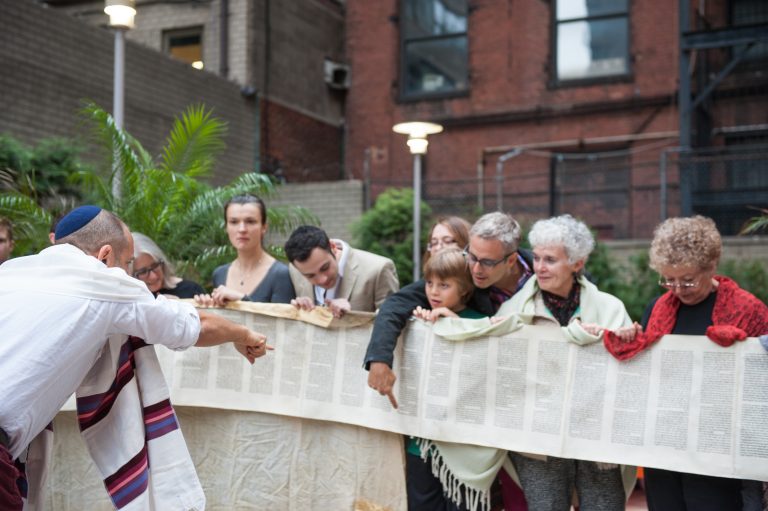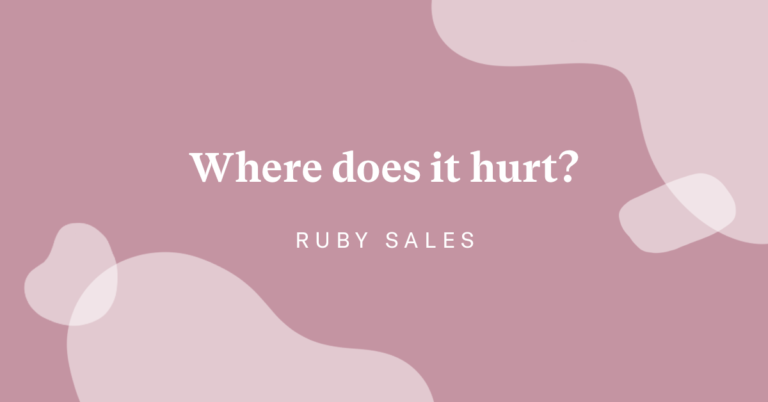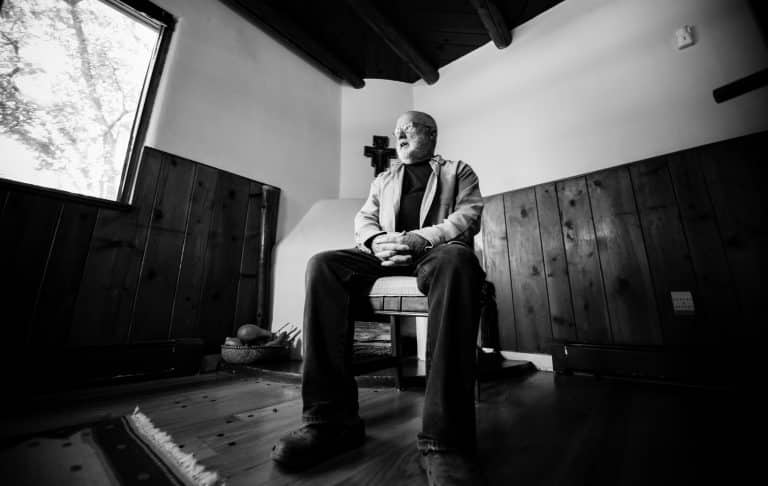Walter Brueggemann is one of the world’s great teachers about the prophets who both anchor the Hebrew Bible and have transcended it across history. He translates their imagination from the chaos of ancient times to our own. He somehow also embodies this tradition’s fearless truth-telling together with fierce hope — and how it conveys ideas with disarming language. “The task is reframing,” he says, “so that we can re-experience the social realities that are right in front of us, from a different angle.”
Public Theology Reimagined
Public theology is about the virtues that accompany the work of theology, not just the ideas. It means connecting grand religious ideas with messy human reality. It means articulating religious and spiritual points of view to challenge and deepen thinking on every side of every important question.
Featured Items
“Prayers are tools not for doing or getting, but for being and becoming.” These are words of the late legendary biblical interpreter and teacher Eugene Peterson. At the back of the church he pastored for nearly three decades, you’d be likely to find well-worn copies of books by Wallace Stegner or Denise Levertov. Frustrated with the unimaginative way he found his congregants treating their Bibles, he translated the whole thing himself and that translation has sold millions of copies around the world. Eugene Peterson’s literary biblical imagination formed generations of pastors, teachers, and readers. His down-to-earth faith hinged on a love of metaphor and a commitment to the Bible’s poetry as what keeps it alive to the world.
View
- List View
- Standard View
- Grid View
87 Results
Filters
Rabbi Sacks was one of the world’s deepest thinkers on religion and the challenges of modern life. He died last week after a short battle with cancer. When Krista spoke with him in 2010, he modeled a life-giving, imagination-opening faithfulness to what some might see as contradictory callings: How to be true to one’s own convictions while also honoring the sacred and civilizational calling to shared life — indeed, to love the stranger?
Music is a source of solace and nourishment in the best of times and the hardest of times. It has been for so many of us in this year of pandemic, and Cloud Cult is on every playlist Krista makes. Craig Minowa started the band in 1995. Its trajectory was cathartically changed the day he and his wife Connie woke up to find that their firstborn two-year-old son, Kaidin, had mysteriously died in his sleep. The music that has emerged ever since has spanned the human experience from the rawest grief to the fiercest hope. We welcomed Craig and the whole Cloud Cult ensemble to On Being Studios in Minneapolis, for conversation and music, in 2016.
September 10, 2020
angel Kyodo williams
The World Is Our Field of Practice
This prophetic conversation, which Rev. angel Kyodo williams had with Krista in 2018, is an invitation to imagine and nourish the transformative potential of this moment — toward human wholeness. Rev. angel is an esteemed Zen priest and the second Black woman recognized as a teacher in the Japanese Zen lineage. She is one of our wisest voices on social evolution and the spiritual aspect of social healing.
“The sudden passionate happiness which the natural world can occasionally trigger in us may well be the most serious business of all,” Michael McCarthy writes. He is a naturalist and journalist with a galvanizing call — that we stop relying on the immobilizing language of statistics and take up our joy in nature as our defense of it. And he reminds us that the natural world is where we first found our metaphors and similes and it is the resting place for our psyches.
Marilyn Nelson is a storytelling poet. She has taught poetry and contemplative practice to college students and West Point cadets. She brings a contemplative eye to ordinary goodness in the present and to complicated ancestries we’re all reckoning with now. And she imparts a spacious perspective on what “communal pondering” might mean.
An extraordinary conversation with the late congressman John Lewis, taped in Montgomery, Alabama, during a pilgrimage 50 years after the March on Washington. It offers a special look inside his wisdom, the civil rights leaders’ spiritual confrontation within themselves, and the intricate art of nonviolence as “love in action.”
We often explore on this show the places in the human experience where ordinary language falls short. The poet Gregory Orr has wrested gentle, healing, life-giving words from extreme grief and trauma. And right now we are all carrying some magnitude of grief in our bodies.
This year Muslims are experiencing a Ramadan like no other. The month is usually a period of both intimacy and great community. Now Muslims are improvising, as in many places the rituals of Ramadan must be experienced at home or online. This show, recorded in 2009, grew out of an invitation to Muslim listeners to reflect on what it means to be part of what often is referred to in the abstract as “the Muslim world.” We received responses from all over the world and were struck by the vivid stories about Ramadan itself, across a remarkable spectrum of life and spiritual sensibility.
We’re in a season of renewal in the natural world and in spiritual traditions; both Easter and Passover this year are utterly transformed. It’s drawing us back to the wisdom of Br. David Steindl-Rast, who makes useful distinctions around experiences that are life-giving and resilience-making yet can feel absurd to speak of in a moment like this. A Benedictine monk for over 60 years, Steindl-Rast was formed by 20th-century catastrophes. He calls joy “the happiness that doesn’t depend on what happens.” And his gratefulness is not an easy gratitude or thanksgiving — but a full-blooded, reality-based practice and choice.
Civil rights legend Ruby Sales learned to ask “Where does it hurt?” because it’s a question that drives to the heart of the matter — and a question we scarcely know how to ask in public life now. Sales says we must be as clear about what we love as about what we hate if we want to make change. And even as she unsettles some of what we think we know about the force of religion in civil rights history, she names a “spiritual crisis of white America” as a calling of today.
December 19, 2019
Greg Boyle
The Calling of Delight: Gangs, Service, and Kinship
Fr. Greg Boyle makes amazingly winsome connections between things like service and delight, compassion and awe. He landed as an idealistic young Jesuit in a gang-heavy neighborhood of Los Angeles three decades ago. Now he heads Homeboy Industries, which employs former gang members in a constellation of businesses from screen printing to a farmers’ market to a bakery. This is not work of helping, he says, but of finding kinship.
For as far back as Joy Ladin can remember, her body didn’t match her soul. In her mid-40s, Ladin transitioned from male to female identity and later became the first openly transgender professor at an Orthodox Jewish institution. She admits the pain this caused for people and institutions she loved. And she knows what it is to move through the world with the assumed authority of a man and the assumed vulnerability of a woman. We take in what she’s learned about gender and the very syntax of being.
We’d heard Derek Black, the former white-power heir apparent, interviewed before about his past, but never about the college friendships that changed him. After Derek’s ideology was outed at the New College of Florida, Matthew Stevenson (one of the only Orthodox Jews on campus) invited him to Shabbat dinner. What happened next is a roadmap for navigating some of the hardest and most important territory of our time.
Forms of religious devotion are shifting — and there’s a new world of creativity toward crafting spiritual life while exploring the depths of tradition. Rabbi Amichai Lau-Lavie is a fun and forceful embodiment of this evolution. Born into an eminent and ancient rabbinical lineage, as a young adult he moved away from religion towards storytelling, theater, and drag. Today he leads a pop-up synagogue in New York City that takes as its tagline “everybody-friendly, artist-driven, God-optional.” It’s not merely about spiritual community but about recovering the sacred and reinventing the very meaning of “we.”
The folk-rock duo Amy Ray and Emily Saliers have been making music for over 25 years. They’re known for their social activism onstage and off, but long before they became the Indigo Girls, they were singing in church choirs. They see music as a continuum of human existence, intertwined with spiritual life in a way that can’t be pinned down.
Public theologian Ruby Sales opens up what it was like to be a teenage participant in the civil rights movement — including the impatience she had with religion and how she circled back, through her experiences of the movement, to a sense of the deep reason for inner life and religious groundings. The question she carries with her, “Where does it hurt?”, models new ways for us to understand one another.
Men of all ages say Richard Rohr has given them a new way into spiritual depth and religious thought through his writing and retreats. This conversation with the Franciscan spiritual teacher delves into the expansive scope of his ideas: from male formation and what he calls “father hunger” to why contemplation is as magnetic to people now, including millennials, as it’s ever been.
Community organizers Rami Nashashibi and Lucas Johnson have much to teach us about using love — the most reliable muscle of human transformation — as a practical public good. Nashashibi is the founder of the Inner-City Muslim Action Network, a force for social healing on Chicago’s South Side. Johnson is the newly-named executive director of The On Being Project’s Civil Conversations Project. In a world of division, they say despair is not an option — and that the work of social healing requires us to get “proximate to pain.”
The Pause
Join our constellation of listening and living.
The Pause is a monthly Saturday morning companion to all things On Being, with heads-up on new episodes, special offerings, event invitations, recommendations, and reflections from Krista all year round.
Search results for “”
View
- List View
- Standard View
- Grid View
Filters
